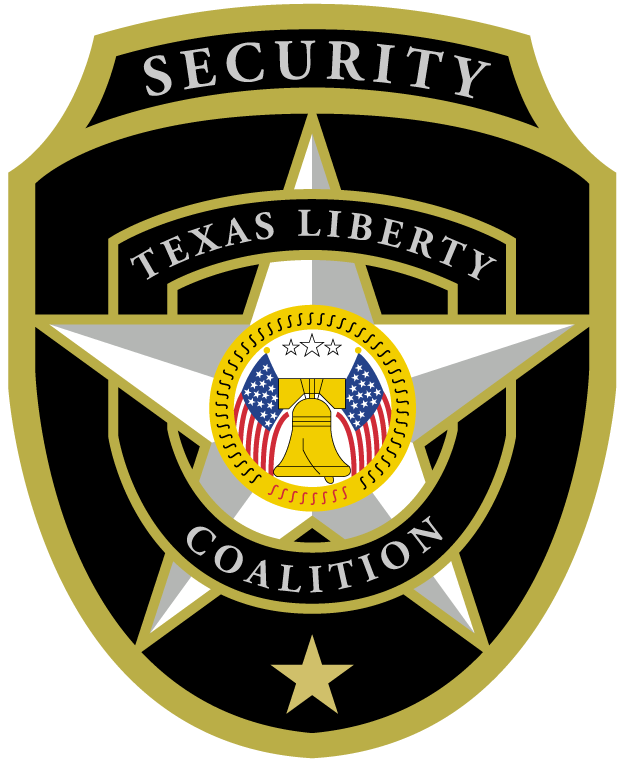As a security professional, you have a responsibility to protect the lives of the people in your care. However, you also have a duty to use force ethically and responsibly. It’s important to understand the ethical considerations of the use of force and how to balance the need for safety with the responsibility to protect lives.
One of the key ethical considerations of the use of force is the principle of proportionality. This means that the level of force used should be proportional to the threat faced. In other words, you should not use more force than is necessary to resolve the situation. This can be a difficult balance to strike, as the level of force needed can be subjective and situational.
Another important ethical consideration is the principle of necessity. This means that force should only be used when it is necessary to achieve a legitimate objective, such as protecting lives or property. This means that you should always consider alternative options before resorting to force.
A third ethical consideration is the principle of accountability. You should be prepared to justify your use of force and to be held accountable for your actions. This means that you should document your actions and be prepared to explain your decisions if necessary.
It’s also important to understand the legal framework that governs the use of force. This includes both criminal and civil law. Criminal law establishes the circumstances in which force can be used and the level of force that is permitted in different situations. Civil law governs liability for the use of force and can result in damages being awarded if force is used inappropriately.
When using force, it’s important to maintain control of the situation and to avoid using excessive force. This can be accomplished by using a variety of techniques, such as verbal commands, physical control techniques, and non-lethal weapons.
Verbal commands are a critical tool for maintaining control of a situation. You should use clear, concise language and maintain a calm and professional demeanor. Physical control techniques can be used to control a subject without causing injury. These techniques should be used only as a last resort, when other options have been exhausted.
Non-lethal weapons, such as tasers and pepper spray, can be an effective tool for controlling a subject without causing serious injury. However, it’s important to use these weapons responsibly and only when necessary.
Finally, it’s important to recognize that the use of force can have a significant emotional impact on both the subject and the security professional. It’s important to seek support and counseling if you experience emotional distress as a result of your use of force.
The use of force is a critical tool for protecting lives and property. However, it must be used ethically and responsibly. By understanding the ethical considerations of the use of force, maintaining control of the situation, and using a variety of techniques to avoid excessive force, security professionals can balance the need for safety with the responsibility to protect lives.

Recent Comments